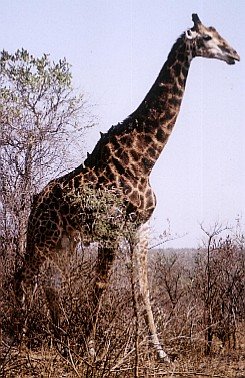I found the following information on
(It is worth giving this and similar websites a visit. Do not rely entirely on advice from u-tube. Some of those feeding methods may not be very desirable)
Diets:
Seedeaters (excluding doves): Sparrow, Weavers and similar species.
These birds feed their babies on insects and should receive the same diet as for insectivorous birds.
Doves: If you cannot obtain a commercially prepared, balanced food like Aviplus, use Pro-Nutro, mixed with water and with added egg yolk and/or cottage cheese for extra protein and calcium.
Or make a soft clay mixture, using only Pro-Nutro and egg yolk (no water) and form small, pea-sized balls (the bird will still need plenty of water, as this food will be quite concentrated.)
WARNING: A bird that does not beg or cooperate may have to be force-fed after rehydration. Take care in opening the beak, using a fingernail or matchstick, not to bend the beak - especially the tender beak of a baby
A good idea is to make the food mixture very sloppy and, as we said with rehydration, to release it (using a syringe) drop by drop on the closed beak, until the bird gets the message. This works especially well with tiny baby Doves or even insect eaters like baby Plovers.
WARNING: The food is intended for the bird's stomach, not its feathers and eyes. Let common sense prevail!
Insectivores: Cape Robin, Swallow, Shrike and similar species. A mixture of Pronutro, scrambled egg and lean mince.
Frugivores: Bullbul, Barbet, White-eye, Lourie and similar species. As for Insectivores, but add 50 percent Purity baby food or fruit.
Carnivores: Raptors, Coucal and similar species. Lean meat, preferably including internal organs and mixed with roughage such as sterilized feathers. Raptors are mostly fed on (dead, euthanased by gas) day old chicks, obtained from a hatchery.
South African National Bird of Prey Centre at 083 585 9540.
By Gordon M Duncan and Wings in Need
http://www.wingsinneed.org.za/
Animaltalk October 1999
End






 A
A T
T







